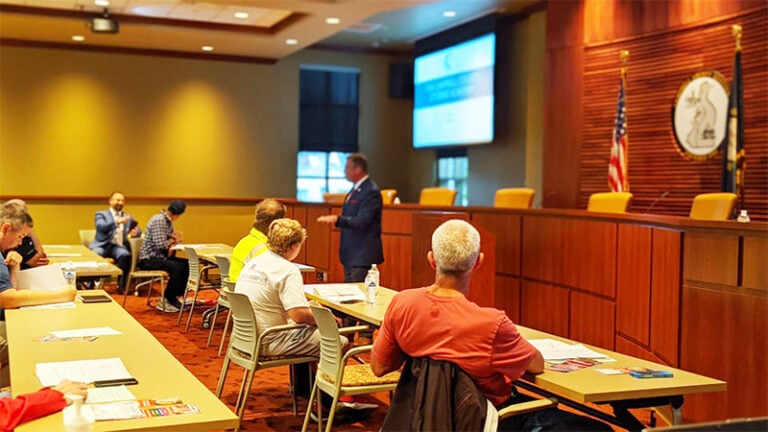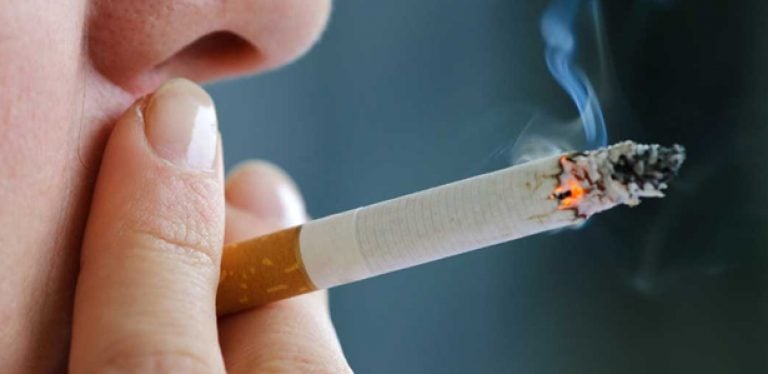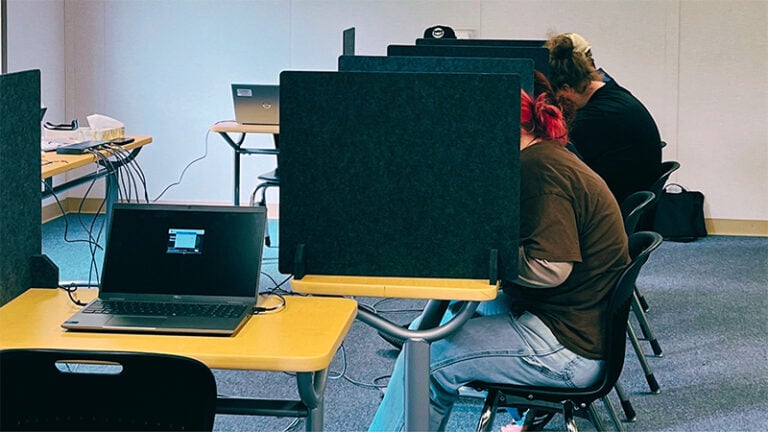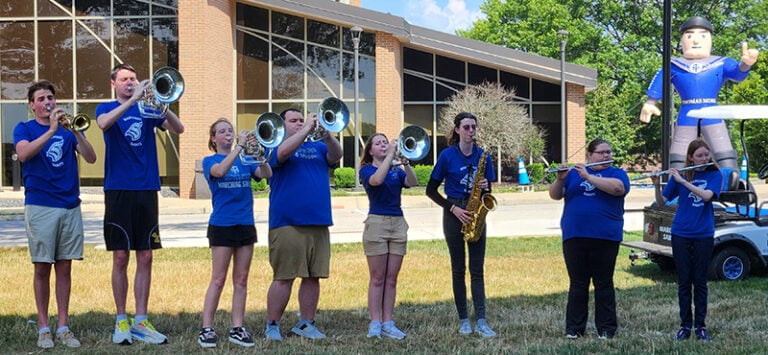The potential for encountering loud noises that could permanently harm your hearing is all around us. During National Protect Your Hearing Month in October, the Kentucky Commission on the Deaf and Hard of Hearing (KCDHH) wants Kentuckians to learn how to protect themselves and others from noise-induced hearing loss.
“We can all take steps to protect ourselves and our kids from potential hearing loss,” said Gov. Andy Beshear. “Hearing loss is becoming more and more common, and it’s often preventable. Listen to the leading experts and medical professionals and protect your ears.”

According to the Hearing Loss Association of America (HLAA), 12.5% of children between the ages of 6 and 19 have hearing loss as a result of listening to loud music, particularly through earbuds at an unsafe volume.
Hearing loss is the third most common chronic health condition in the United States, according to the U.S. Centers for Disease Control and Prevention. Kentucky ranks fourth per capita nationally in people identified as deaf or hard of hearing, according to the U.S. Census Bureau’s 2023 Annual Disability Statistics Collection.
In addition, noise-induced hearing loss is one of the most common permanent and preventable work-related injuries in the U.S. Each year, an estimated 22 million workers are exposed to hazardous noise levels while on the job, according to the HLAA. Over time, prolonged exposure to noises above 85 decibels can lead to permanent hearing damage. To put that in perspective, power tools and lawn mowers are about 90 decibels and shooting a gun is 140-175 decibels, while a typical conversation is around 60-65 decibels.
Noise sampling is one of the many free consultative services offered by the Education and Labor Cabinet’s KYSAFE program, which employers can use to improve the health and safety of their workplaces. To find out more about noise sampling and other consultative services, contact 502-564-3070 or visit kysafe.ky.gov. For more information about occupational noise exposure, visit the U.S. Department of Labor Occupational Safety and Health Administration.
“Employers are encouraged to take advantage of KYSAFE’s free, confidential consultative services to evaluate the health and safety of their work environment, including getting a noise sampling to detect hearing hazards,” said Cabinet Secretary Jamie Link. “Prevention and awareness are the keys to protecting your employees’ hearing because once they have noise-induced hearing loss, there is no cure.”
KCDHH also recommends that everyone learn the signs and get tested if they suspect they have a hearing loss. Noise is considered dangerously loud if you have to shout over background sound to be heard, it is painful to your ears, it makes your ears ring during and after exposure or if you have decreased or “muffled” hearing for several hours after exposure. Most people do not know that noise exposure is cumulative so exposure to loud noise over time can also damage hearing.
A few common signs of hearing loss are:
• Misunderstanding people;
• Asking people to repeat themselves;
• Difficulty understanding someone on the telephone;
• Speaking loudly; and
• Increasing the radio or television volume.
The average person is born with about 16,000 hair cells within their inner ear that allow the brain to detect sounds. When hair cells are damaged, they can’t send information about sound to the brain. Since people can’t grow new hair cells to replace damaged ones, noise-induced hearing loss is permanent.
With proper precautions, noise-induced hearing loss is largely preventable with these simple lifestyle changes:
• Keep the volume low on music systems, smartphones, tablets, computers and TVs and set maximum volume levels on devices used by children and teens.
• Avoid or limit exposure to excessively loud sounds.
• Move away from the source of loud sounds when possible.
• Limit noisy environments such as concerts, playing in a band, target shooting and hunting, using lawnmowers, leaf blowers and woodworking tools.
• Use hearing protection devices such as earplugs when it is not feasible to avoid exposure to loud sounds or reduce noise to a safe level.
• If you’re a parent, carry hearing protection for your little ones and be a hearing health role model by wearing them yourself.
“Noise-induced hearing loss can happen to anyone at any age. If you suspect that you or someone you love has a hearing loss, we urge you to get screened. The Kentucky Commission on the Deaf and Hard of Hearing is here to help you navigate the many services and resources that are available to you,” said Anita Dowd, executive director of the commission.
Kentucky Education and Labor Cabinet

















